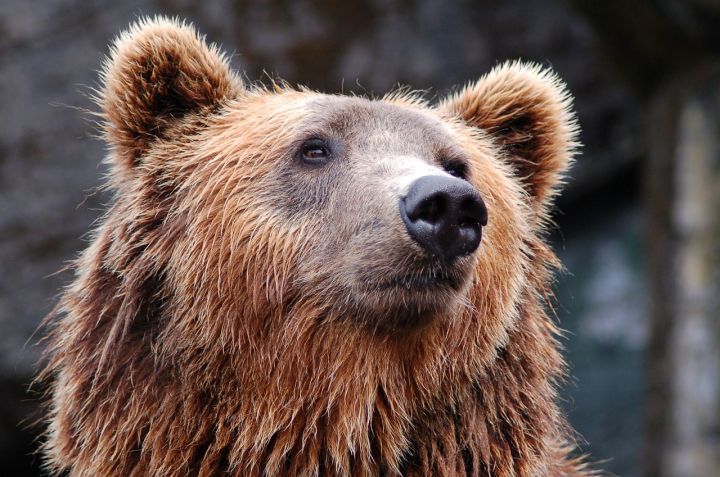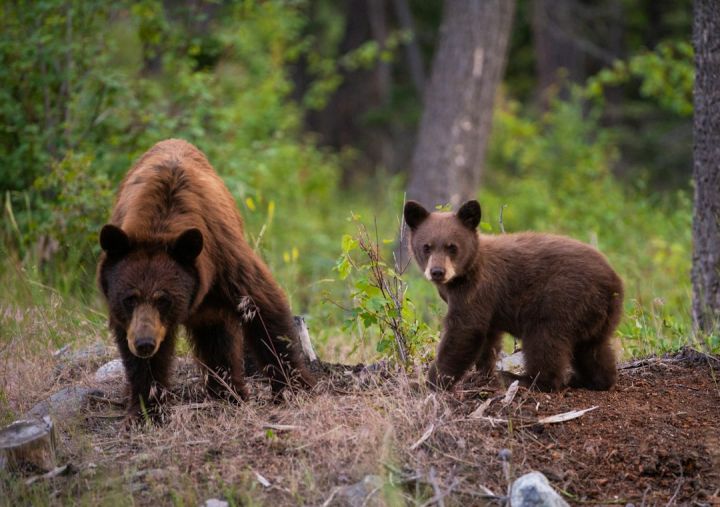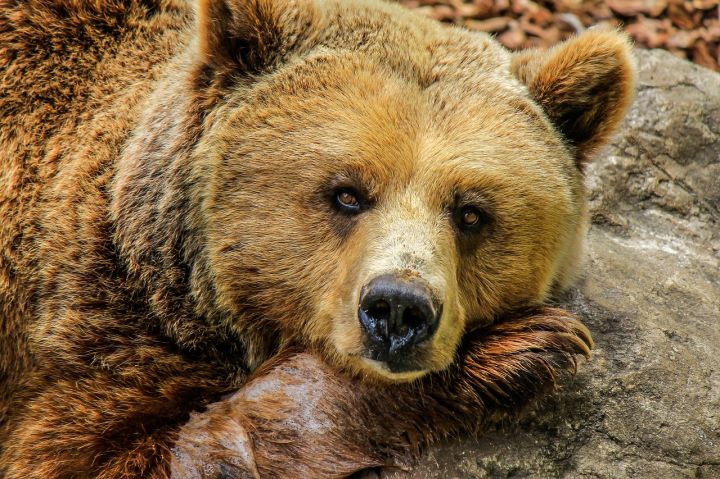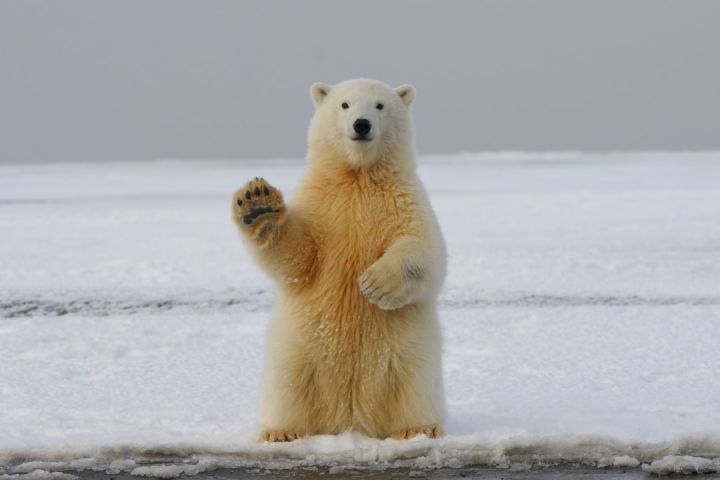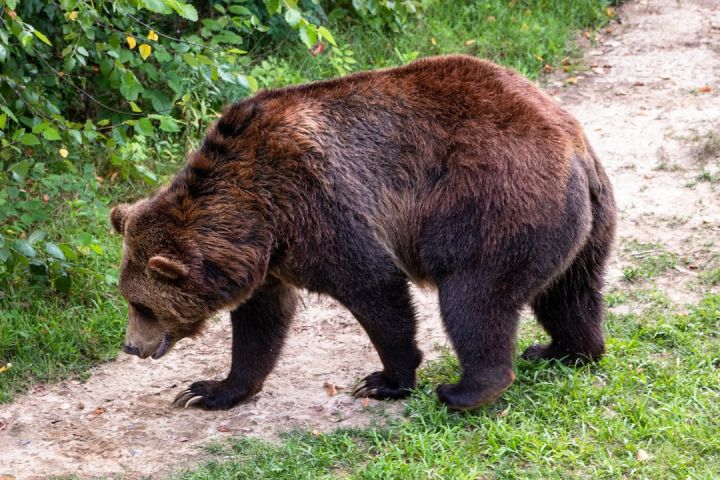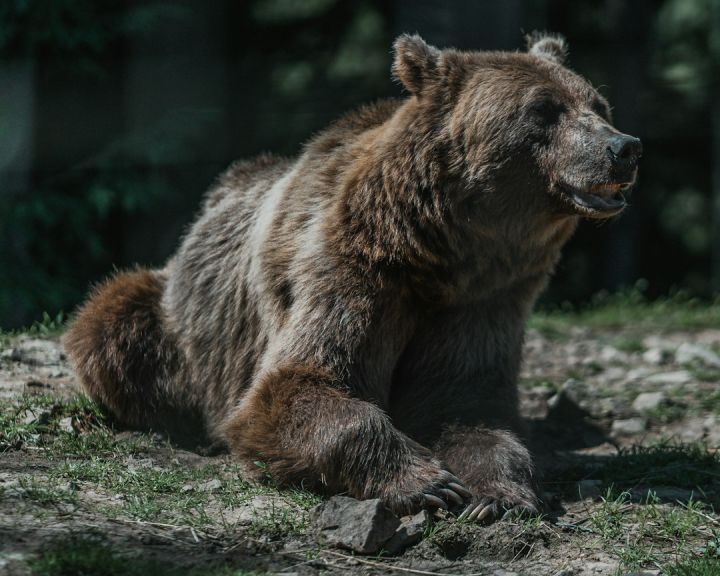What Does Hibernation Do to Bear Behavior?
Hibernation is a fascinating phenomenon observed in many animal species, including bears. During this period, bears undergo significant physiological and behavioral changes. In this article, we will delve into the world of bear hibernation to understand its effects on their behavior.
The Science Behind Hibernation
Before we can fully comprehend the impact of hibernation on bear behavior, it is essential to understand the science behind this remarkable phenomenon. Hibernation is a state of deep sleep that allows animals to conserve energy during periods of low food availability, extreme cold, or drought. Bears enter hibernation in response to the harsh winter conditions, relying on their fat reserves to sustain them through this dormant period.
The Behavioral Changes
1. Reduced Activity: Bears experience a dramatic reduction in their activity levels during hibernation. They spend most of their time sleeping or in a state of torpor, where their body temperature drops, and their metabolic rate decreases significantly. This reduced activity helps them conserve energy and survive the winter months.
2. Slowed Breathing and Heart Rate: During hibernation, bears exhibit a slowed breathing and heart rate, which allows them to minimize energy expenditure. Their heart rate can drop to as low as 8-12 beats per minute, compared to their normal rate of 40-50 beats per minute. This remarkable adaptation ensures their survival during periods of limited food availability.
3. Conservation of Muscle Mass: Bears are known to lose a minimal amount of muscle mass during hibernation. Unlike other hibernating animals, bears do not experience significant muscle atrophy. This is attributed to their ability to recycle nitrogen from urea, a waste product of protein breakdown, back into their bloodstream. By doing so, bears can maintain their muscle mass even when they are not actively using it.
4. Fasting: Bears rely on their fat reserves as their primary source of energy during hibernation. They enter hibernation with a layer of fat accumulated during the summer and fall months. This fat provides the necessary fuel for their body functions and sustains them until they emerge from their den in the spring. The ability to fast for several months without eating is a remarkable adaptation that allows bears to survive in harsh environments.
The Implications for Bear Behavior
Hibernation has a profound impact on bear behavior, shaping their actions before and after this dormant period.
1. Pre-hibernation Behavior: As winter approaches, bears undergo a series of behavioral changes in preparation for hibernation. They increase their food intake significantly, consuming up to 20,000 calories per day, to build up their fat reserves. This behavior is known as hyperphagia and is essential for their survival during hibernation.
2. Den Selection: Bears select their dens carefully before entering hibernation. They seek out sheltered areas, such as caves, hollow trees, or thick vegetation, to protect themselves from the harsh winter conditions. Den selection is crucial as it provides bears with a safe and insulated environment during their dormant period.
3. Post-hibernation Behavior: When bears emerge from hibernation in the spring, they experience a period of increased activity known as “walking hibernation.” During this time, they gradually regain their normal metabolic rate, replenish their fat reserves, and adjust to their surroundings. Bears are often seen foraging for food and exploring their territories during this period.
In Conclusion
Hibernation is a remarkable adaptation that allows bears to survive in challenging environments. It brings about significant changes in their behavior, including reduced activity, slowed breathing and heart rate, conservation of muscle mass, and reliance on fat reserves. Understanding the effects of hibernation on bear behavior provides valuable insights into their ecology and enhances our appreciation for the wonders of the animal kingdom.
